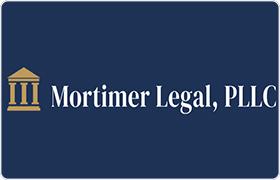 Southport Intellectual Property Lawyers, Connecticut
Southport Intellectual Property Lawyers, Connecticut
Sponsored Law Firm
-
 x
x

Click For More Info:
-
Mortimer Legal, PLLC
70 E. Sunrise Hwy Suite 500 Valley Stream, NY 11581» view mapIntellectual Property It's Your Brand. Protect It.
Mortimer Legal, PLLC knows the work it takes to create and build a brand. Let us help you take the necessary steps to protect it.
800-769-7161
Warning! No lawyers found in this specified area.
Lawyers
1-0 of 0 matches



 Deborah Mortimer Valley Stream, NY
Deborah Mortimer Valley Stream, NY Practice AreasExpertise
Practice AreasExpertise